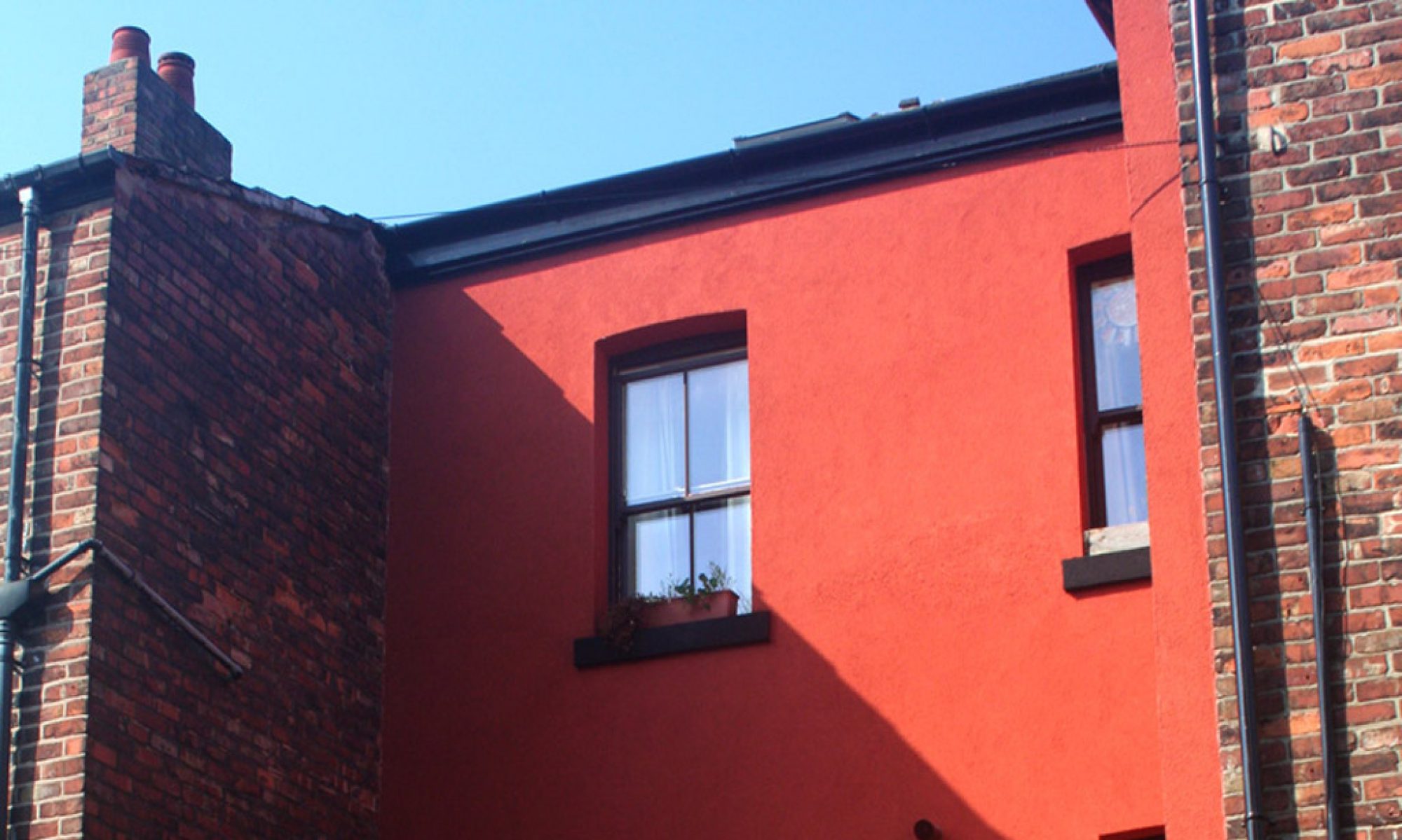Cordata Housing Co-op
Our prototype was created in 2013/14 when we bought a large Edwardian house in Withington, South Manchester. The house was in a poor condition, so it was a good candidate for a complete low-energy renovation, which included: fully insulating the walls, roof, and ground floor; installing an array of photo voltaic panels; an underground tank for harvesting rainwater; and solar-run hot water system.
Designing the building from scratch was a big bonus because it could meet the specific needs of a group of 6 people who had committed to live together in an “intentional community” – a way of living that has been chosen by people rather than external economic forces.
The six people who formed Cordata Co-operative moved into the house in 2014 and have developed a way of living that makes full use of the low-energy features and the freedom to use the space as they want. Cordata has a rota for shared meals, it grows food in the back garden, and the members share skills and knowledge. Because it works so well when people leave, new places are always in high demand.
Environmental Performance
We aim to renovate houses so that the people living in them use far less energy which is both cheaper and better for the planet. To achieve the maximum energy performance possible for the age and design of the building, we use a variety of low-energy systems and insulation materials in the renovation. Our prototype currently reduces energy costs by between 30 and 50%, and combining building insulation with solar hot water, electricity generation, and rainwater collection.
These techniques are common to eco-building, but a CLFS house is very different because it combines ground-up low-energy renovation and the specific needs of 6 people living co-operatively in a house. This results in very low energy use per person, difficult to achieve in a two-person/small family household.
